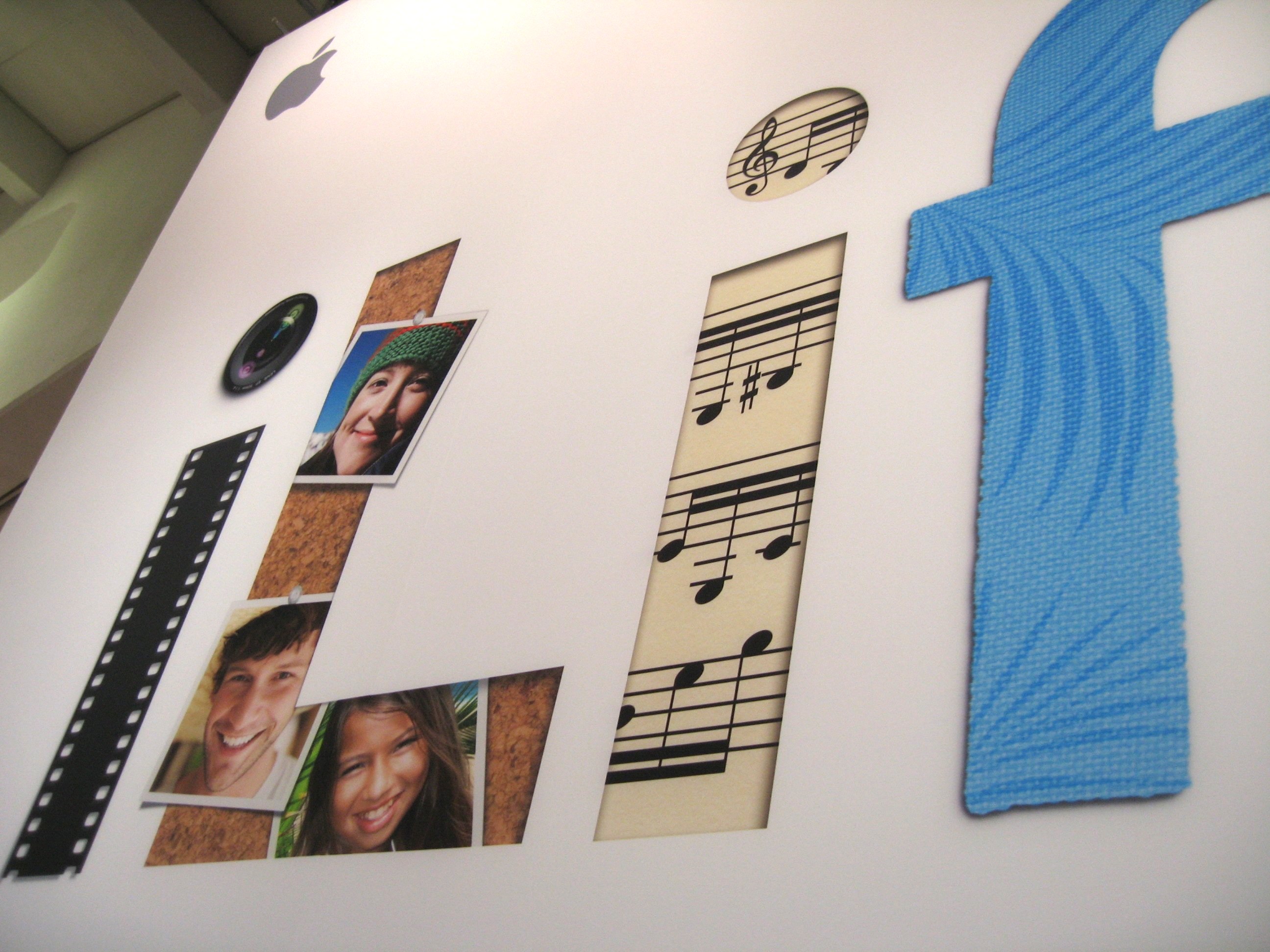Microsoft has abandoned the fundamental principles that made it the most successful software company of the last decade and ensured its software would be the most widely used everywhere. But in just three years, since 2006, startups and Apple have set a new course for technology and how societies use it.
For Microsoft, this change is scarier than movie “Quarantine.” Without a course correction, Microsoft in the 2010s will be very much like IBM was in the 1990s. That’s no place Microsoft should want to be.









